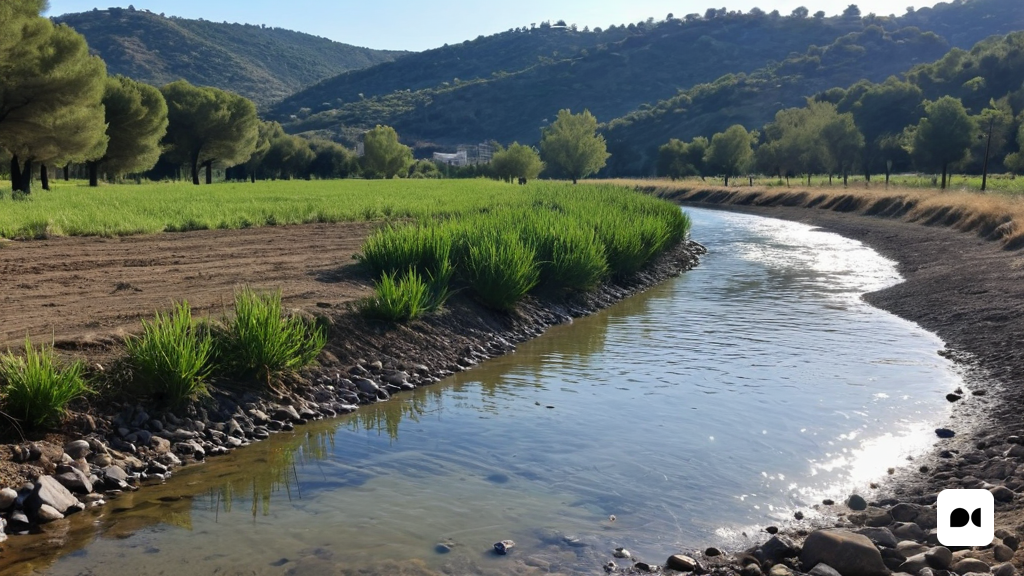It affects 202 municipalities and it goes to an allocation of 230 liters per person per day
BARCELONA, 7 (EUROPA PRESS) – Government spokeswoman, Patrícia Plaja, has announced that the state of emergency due to drought has been lifted in the Ter-Llobregat system, which supplies Barcelona and its area and Girona and its surroundings, and also “part” of the restrictions that have been imposed in the last 3 months, due to the increased production of regenerated water and the recent rains.
He said this in a press conference this Tuesday after the meeting of the Interdepartmental Drought Commission, in which he affirmed that the increase in water reserves in Catalonia’s reservoirs allows restrictions to be modified downwards, even though insisted that “the drought is not over”.
Changes in restrictions
With this announcement, the Government lifts the state of emergency and moves to exceptionality, so that a water supply per inhabitant per day of 230 liters will be available (in emergency it was 200 litres).
This measure will benefit 6 million people in 202 municipalities in 14 Catalan counties, and it is a phase that, according to the Minister for Climate Action of the Generalitat, David Mascort, “allows us to gain time and have more room for maneuver to continue saving water” .
Duration of restrictions
The councilor has assured that this exceptional situation will remain at least until the end of the year and the beginning of 2025, and has defended the Government’s management of the drought: “We do not improvise, if someone says we improvise, it means that they have never managed a drought of this magnitude”.
Other measures
In this new state, the reduction in the allocation of agricultural irrigation goes from 80% to 40%; water consumption at industrial level is reduced by 15% (in an emergency it was 25%); a reduction in water consumption in recreational uses is established (15% in uses similar to urban and 50% in irrigation); and water for livestock uses is reduced by 30% (in an emergency it was 50%).
The use of water for the irrigation of gardens and green areas remains prohibited, except for survival irrigation, and municipal irrigation with ground water is allowed “only if it does not lead to a reduction in the availability of water for the home supply”.
It is also prohibited to irrigate the lawn “in all cases” except on surfaces intended for federated sports practice or irrigation that is done with reused or regenerated water; and the cleaning of streets, pavements or facades with potable water is also still prohibited.
Swimming pools
Regarding swimming pools, it is not allowed to fill those that are private for individual or single-family use, nor those that do not have water recirculation systems; and those that have this system, will have to do so “in the minimum quantities essential to guarantee the quality of the water”.
The partial filling or first filling of the swimming pools will be allowed – if they are newly built or renovation works have been carried out – of public swimming pools and also private pools that have some kind of recirculation system.
In this case, municipal swimming pools or others with public access are included, such as those of tourist establishments, sports centers and those of property owners’ communities.
conclusion
In summary, the state of emergency due to drought in the Ter-Llobregat system has been lifted and is being changed to exceptional, with a water supply of 230 liters per person per day. This measure will benefit millions of people in 202 municipalities in Catalonia. However, it should be remembered that the drought is not over yet and other restrictions will remain to save water.

